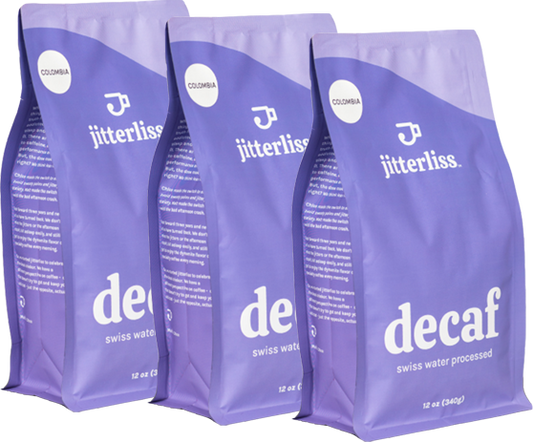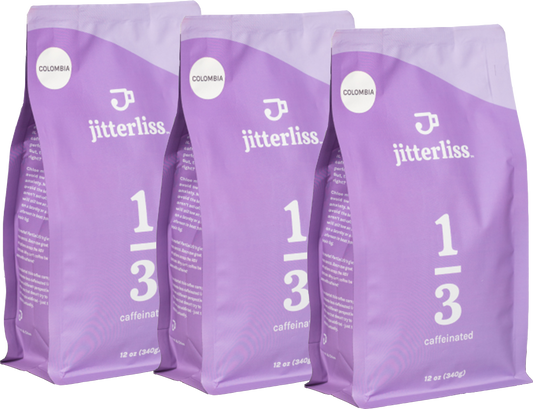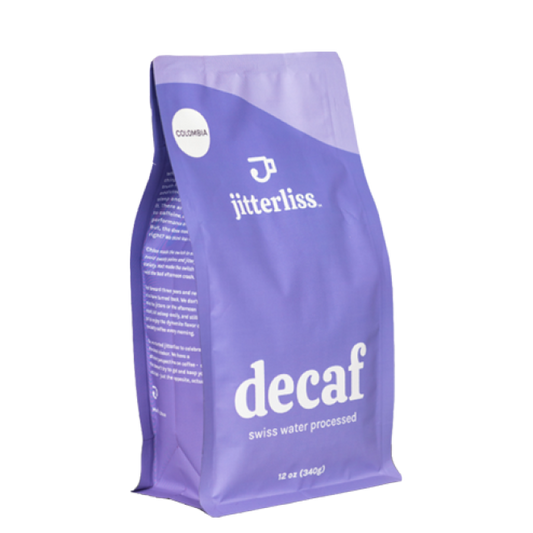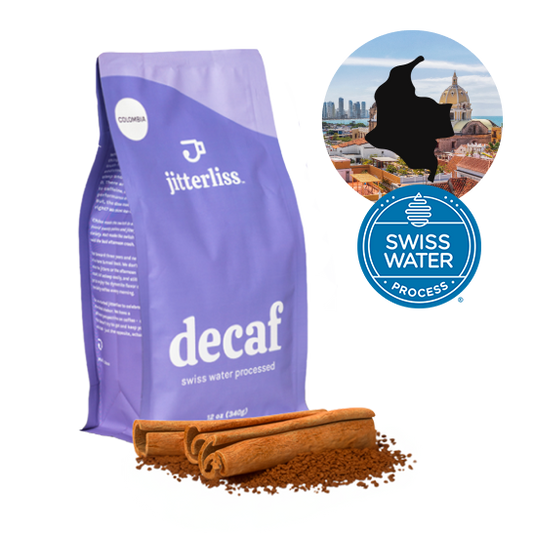How Much Coffee Can A Pregnant Lady Have?
Pregnancy is a time of immense joy and anticipation, but it also comes with a host of questions and concerns, particularly when it comes to diet and lifestyle choices. One topic that often arises is the consumption of coffee. With its popularity and ubiquity, coffee is a staple for many, but for pregnant women, questions about its safety abound. How much coffee can a pregnant woman safely consume? Let's delve into the research and guidelines to shed light on this often-debated topic.
Understanding the Concerns
Coffee contains caffeine, a stimulant that can cross the placenta and reach the developing fetus, thereby potentially impacting its growth and development. While adults can metabolize caffeine relatively quickly, a fetus lacks this ability, prolonging its exposure to the effects of caffeine. This underscores the importance of understanding the effect of caffeine during pregnancy. Excessive caffeine intake during pregnancy has been associated with various risks, including low birth weight, preterm birth, and miscarriage. Hence, expectant mothers must exercise caution when it comes to coffee consumption.
Expert Recommendations
The American College of Obstetricians and Gynecologists (ACOG) suggests that pregnant caffeine intake should be moderate, with a limit of 200 milligrams (mg) or less per day, which is generally deemed safe. This equates to about one 12-ounce cup of brewed coffee. However, it's essential to note that caffeine content can vary significantly depending on factors such as the type of coffee beans, brewing method, and serving size. Thus, it's wise to be mindful of these variables when indulging in a cup of joe.
Factors to Consider
Every pregnancy journey is as unique as the woman experiencing it, and numerous individual factors can influence how caffeine is metabolized within the body. Considerations such as age, weight, metabolic rate, and medical history all contribute to determining a safe level of caffeine intake during pregnancy. Moreover, while some women may tolerate caffeine well, others may find themselves more sensitive to its effects, experiencing symptoms like jitteriness, palpitations, or difficulty sleeping even with minimal consumption. Given these variations, it's imperative for expectant mothers to remain attuned to their bodies' signals and to engage in open dialogue with their healthcare providers regarding any concerns about caffeine consumption. By prioritizing personal health and well-being, pregnant women can make informed decisions that support a healthy pregnancy journey. If in doubt, avoiding caffeine all together can be a safe bet.
Alternative Options
For pregnant women looking to minimize or eliminate their caffeine intake, a variety of alternative beverages can offer both satisfaction and nourishment. Decaffeinated coffee, with its rich flavor profile but without the stimulant properties of caffeine, serves as a comforting substitute for traditional coffee lovers. Herbal teas, ranging from soothing chamomile to invigorating peppermint, provide a delightful array of flavors and potential health benefits without the concerns associated with caffeine.
Similarly, fruit juices offer a refreshing and hydrating option, delivering essential vitamins and minerals to support maternal and fetal health. Moreover, prioritizing hydration with water remains paramount during pregnancy, serving as a fundamental component of maintaining energy levels, supporting bodily functions, and combating fatigue. By exploring these alternative beverage options and embracing the importance of hydration, expectant mothers can navigate their caffeine-reduction journey with ease and confidence, ensuring optimal well-being for themselves and their growing baby.
Introducing Jitterliss - A Low Caffeine Focused Coffee Company
Jitterliss is a premium coffee subscription company dedicated to delivering exceptional decaf & low caffeine coffee experiences to your doorstep - we don't even sell regular coffee!




